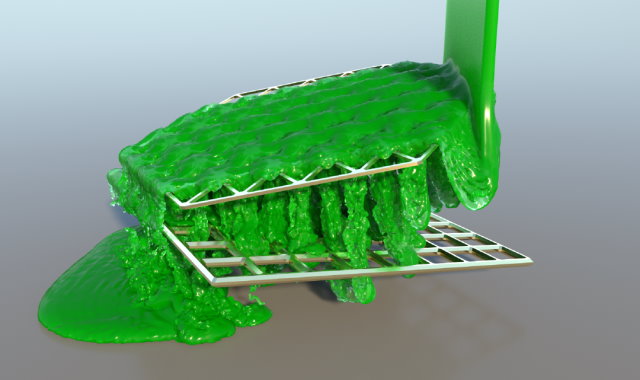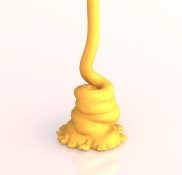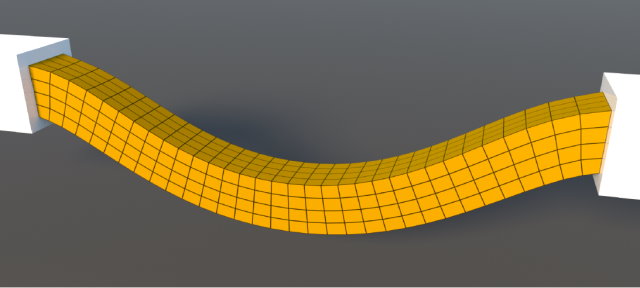Physics Simulation in Visual Computing
Semester: |
SS 2022 |
Type: |
Lecture |
Lecturer: |
|
Credits: |
6 ECTS credits |
Contact: |
bender@cs.rwth-aachen.de |
Find a list of current courses on the Teaching page.
Type |
Date |
Room |
|---|---|---|
| Lecture | Tue, 10:30 – 12:00, starting April 5 | Online or room 5055 (2356|055) |
| Lecture/Exercise | Thu, 10:30 - 12:00, starting April 7 | Online or room 5054 (2356|054) |
In the first weeks we will start in a virtual format. The Zoom link is available in Moodle.
According to the instructions we have received from the university administration, the plan for the summer semester is for meetings to predominantly take place in person. Therefore, students should be prepared to attend meetings in person throughout the semester.
At the same time, the COVID-19 situation is unpredictable, and it may be necessary to move some of the meetings to a virtual format. We will endeavor to give at least two weeks notice when switching from a virtual format to in-person meetings, so that students can better plan their time.
For the virtual format we primarily intend to use Zoom to facilitate real-time teaching activities and group meetings. You may download the Zoom client for your platform at https://zoom.us/download. Prospective course participants should make sure that they are members of the course room in RWTHmoodle by contacting the instructors if they have not already been added. The connection details (room URL/ID and password) for each course's Zoom room will be provided to students through RWTHmoodle. In order to support RWTH students and staff with the use of digital tools like Zoom, the CLS group has made available a number of handbooks and guides at the following URL: https://video.cls.rwth-aachen.de/gebrauchsanweisungen/.
We would like to remind students that the use of digital platforms for teaching introduces additional privacy concerns. In particular, it is strictly prohibited to make recordings of live teaching sessions, or to use additional tools such as screen-capture software or film cameras to circumvent this is.
Physics simulation is an important research topic in visual computing. It has many applications ranging from such as virtual prototyping, training simulators, robotics, animation software for digital production including visual effects in film and animation movies, and computer games – just to mention a few.
This lecture gives an introduction to state-of-the-art simulation methods for deformable solids and fluids in the area of visual computing with a special focus on continuum mechanical approaches. Different popular discretization techniques will be discussed, namely the Finite Element Method (FEM) and the Smoothed Particle Hydrodynamics (SPH) formulation. All required mathematical foundations will be introduced in the lecture.

|

|

|

|

|
In particular, we will consider the following topics:
- introduction in physics simulation
- mathematical foundations
- introduction of tensors
- numerical differentiation
- numerical integration
- simulation of deformable solids
- basics
- continuous model for deformable solids
- equation of motion
- finite element method (FEM)
- fluid simulation
- basics
- incompressible fluids
- Navier-Stokes equations
- Smoothed Particle Hydrodynamics (SPH)
- pressure solvers
- boundary handling
- viscosity
- surface tension
- vorticity

